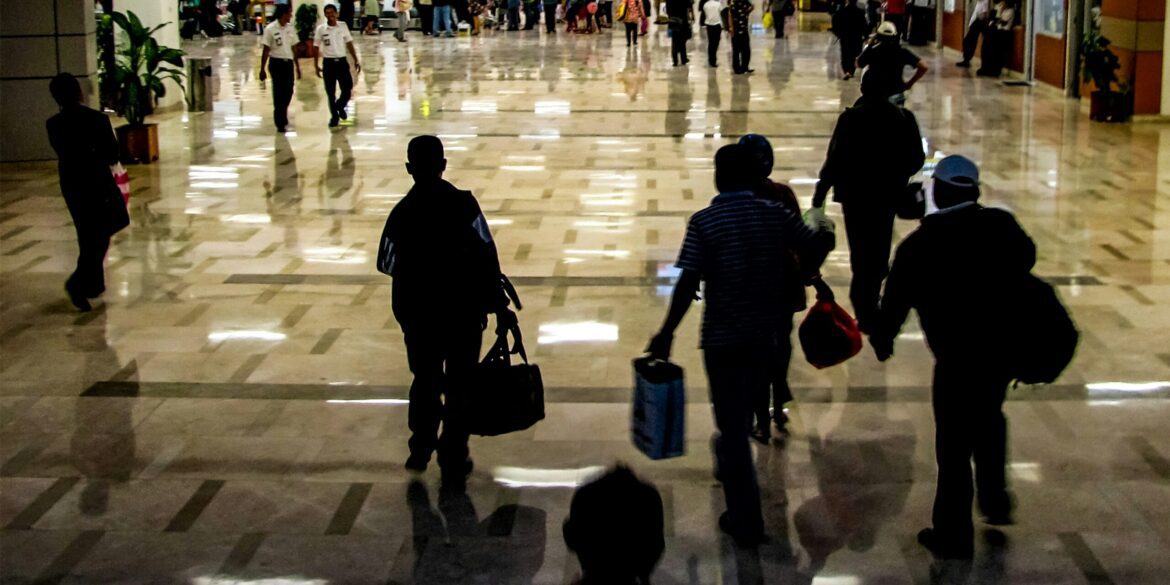WASHINGTON, D.C. — On June 4, 2025, President Donald Trump announced the reinstatement of a travel ban affecting citizens from 19 countries, citing national security concerns. The proclamation bars entry to the United States for nationals of 12 countries, including Afghanistan, Iran, Libya, and Somalia, and imposes heightened restrictions on travelers from seven additional nations such as Cuba, Laos, and Venezuela. The new measures are set to take effect on Monday at 12:01 a.m.
The decision follows a violent incident in Boulder, Colorado, where Mohamed Sabry Soliman, a 45-year-old Egyptian national, allegedly carried out an attack using incendiary devices at a pro-Israel rally, injuring 12 people. Soliman had entered the U.S. in 2022 on a tourist visa, which expired in 2023, and had applied for asylum. Although Egypt is not among the countries listed in the ban, the administration cited the event to justify the renewed restrictions.
President Trump emphasized the need for stringent immigration controls, stating that the attack highlighted the dangers posed by inadequately vetted entrants and visa overstays. He criticized previous immigration policies and underscored his administration’s commitment to national security.
The reinstated travel ban mirrors the administration’s earlier 2017 policy, which faced legal challenges but was ultimately upheld by the Supreme Court in 2018. Critics argue that the policy is discriminatory and lacks a clear security rationale. Civil rights organizations have vowed to challenge the ban in court, asserting that it undermines America’s commitment to diversity and inclusion.
The American Civil Liberties Union (ACLU) and other advocacy groups have expressed concern over the potential impact of the ban on Muslim-majority countries and communities. They argue that such policies fuel xenophobia and infringe upon civil liberties.
Legal experts anticipate that the new travel restrictions will face immediate legal challenges, echoing the contentious debates surrounding the original travel ban. The administration maintains that the measures are necessary to protect national security and ensure the safety of American citizens.
As the policy is set to take effect, affected individuals and communities are preparing for the implications of the renewed travel ban. The situation remains dynamic, with ongoing discussions about the balance between national security and civil rights.

